Welcome to the new S3 Director S3 Alumni + Business Professionals: Would you like to be involved in S3 this coming school year? Dr. Lane Wakefield invites you to let us know how! Click here. With co-founder of the S3 program, Dr. Darryl Lehnus, retiring close of Fall 2020, Baylor University’s Hankamer School of Business…Continue Reading Baylor S3 Welcomes New Director | Kicks-off S3 Zoom Class Reunions
The Sports Strategy & Sales (S3) Program Expands!

When the S3 program launched in 2004 we were—and are—the only academic program in a business school devoted to developing talent aimed specifically at generating revenue in the business of sports. After placing more than 270 professionals in sales and analytics positions we see even greater demand for Baylor S3 graduates. Notable S3 alumni in…Continue Reading The Sports Strategy & Sales (S3) Program Expands!
Baylor S3 Shifts Gears
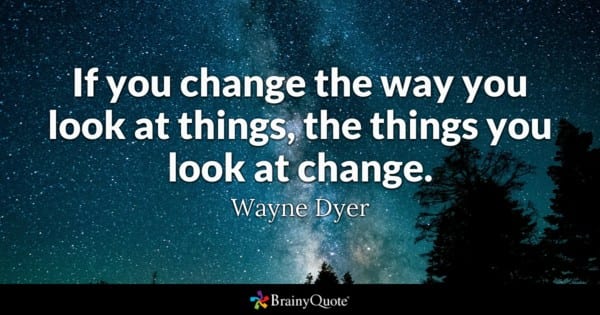
by Kirk Wakefield – July 2018 Change is good. We can say, “One day….” or “Day one….” Around here, everyday is Day One. What’s changing with Baylor S3? New S3 brand In 2018 we re-positioned as the Center for Sports Strategy & Sales (S3). Why? Because sponsorships is so 2006, when we graduated our first class…Continue Reading Baylor S3 Shifts Gears
Want a QUICKWAY for a great activation strategy?
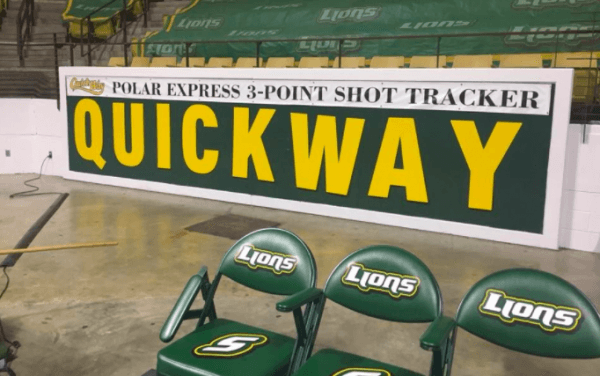
by Itzayana Aguirre – February 2018 Sponsorship Shorts: QUICKWAY Wesley Abercrombie (S3, 2017), the General Manager for Partnership Sales at Southeastern Louisiana University Athletics, shared this creative partnership activation strategy: If the basketball team makes eight 3-point shots, everyone at the game wins a free slushie from our local convenience store partner, Quickway. We keep track…Continue Reading Want a QUICKWAY for a great activation strategy?
Are Silicon Valley Teams as Data-Driven as You’d Expect?

by Brad Sherrill – October 2017 With Apple’s headquarters right down the street, you would expect the teams in Silicon Valley to be digitally-savvy and data-driven. We were not disappointed, as the teams from San Jose demonstrated how they employ business intelligence to generate revenue. Sharks Leadership Analytics-Driven Flavil Hampsten, Executive Vice President & Chief Marketing…Continue Reading Are Silicon Valley Teams as Data-Driven as You’d Expect?
Best Ticket Campaign Ideas

by Darryl Lehnus – June 2017 Kicking off the S3 StubHub Ticket Campaign Competition Learning best practices is one of the most valuable elements of the meetings, conventions, and seminars we all attend. To that end, with partnered with StubHub to launch the annual S3 StubHub Ticket Campaign Competition at the 2017 S3 Board Meetings…Continue Reading Best Ticket Campaign Ideas
4 Keys to Effective Ticket Pricing

by Kirk Wakefield – November 2016 Leave Emotion at the Door In a scene from the movie Ocean’s Eleven, Rusty (Brad Pitt) is teaching Hollywood actors how to play poker. During his lesson on “how to draw out the bluff,” he asks a player what the first lesson of poker is. The answer: “Leave emotion…Continue Reading 4 Keys to Effective Ticket Pricing
The Online Ticket Buyer: By the Numbers
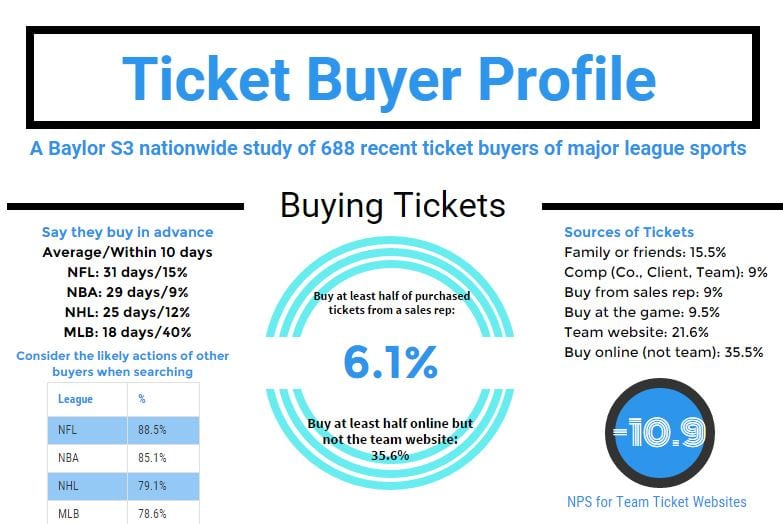
by Kirk Wakefield -October 2016 Nationwide Study of Recent Online Ticket Buyers Efficient and effective salespeople convert ticket buyers into season ticket holders and serve their needs. However, the secondary market is the primary market for many fans who do not differentiate between buying from StubHub, TicketMaster or the team’s website. What do these buyers look…Continue Reading The Online Ticket Buyer: By the Numbers
Collaborating in Academics & Athletics: Events, Donors, and Development Professionals
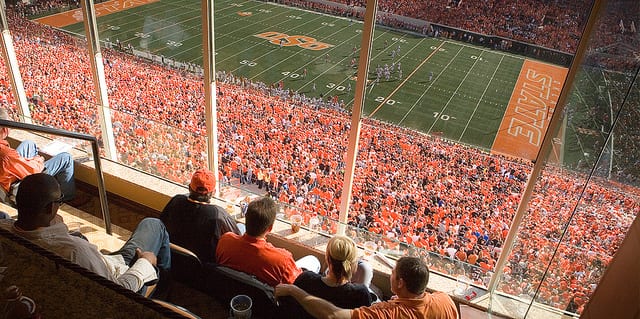
by Bryce Killingsworth – August 2015 [dropshadowbox align=”right” effect=”lifted-both” width=”350px” height=”” background_color=”#ffffff” border_width=”1″ border_color=”#dddddd” ]In true collaborative spirit, this article was co-authored by Bryce Killingsworth, Development Associate in the School of Arts & Sciences, & Shane Crawford, Senior AVP of Leadership Gifts at Oklahoma State University. [/dropshadowbox]There’s a reason it’s cliche to say college athletics…Continue Reading Collaborating in Academics & Athletics: Events, Donors, and Development Professionals
How to get started using Big Data in sports
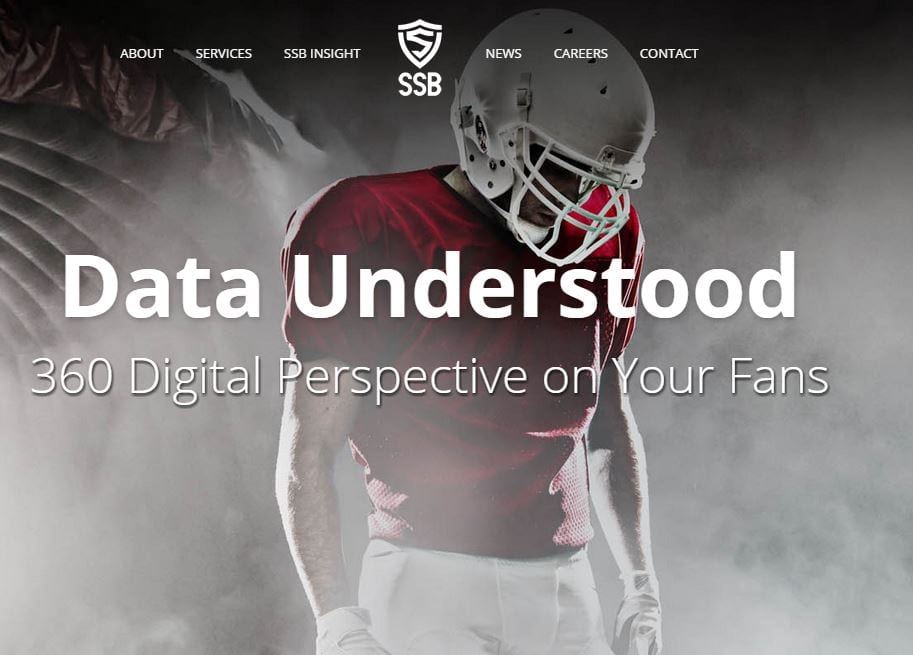
by Aaron LeValley – April 2015 Big data requires strategy “Big data” is no longer just a buzz phrase or a passing fad. According to a W.P. Carey School of Business study at Arizona State University, the amount of data accessible for businesses is growing exponentially, with the amount of data doubling every 1.2 years. Having a…Continue Reading How to get started using Big Data in sports